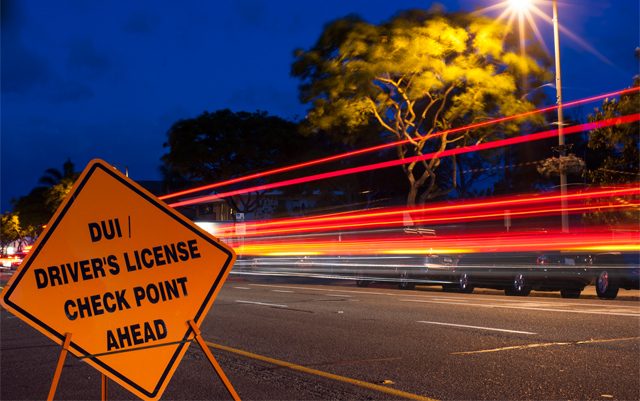When it comes to cannabis, determining the potential dangers of things such as driving is a bit more complicated than it is with alcohol – and this is presenting prosecutors with a dilemma when it comes to convicting people of driving under the influence of marijuana. In the state of Arizona, a 2015 Supreme Court ruling actually determined that medical marijuana patients have the right to defend themselves and provide evidence that they were not “too high” to drive at the time when they were arrested – regardless of how much THC is found to be in their system.
This ruling was upheld this week when the state Court of Appeals ruled that there was not sufficient evidence to prove that a medical marijuana patient was actually impaired. Nadir Ishak had been arrested in 2013 for driving under the influence, after being stopped when an officer claimed that he saw the vehicle drift out of its lane. While Ishak admitted to having used medical marijuana earlier in the day, there was not enough evidence – aside from bloodshot and watery eyes and “body tremors and eye tremors” during sobriety tests – to actually convict him of a DUI.
“And, according to evidence here, there is no scientific consensus about the concentration of THC that generally is sufficient to impair a human being,” appellate Judge Diane Johnsen wrote.
Originally, Ishak had been convicted – but the judge, upholding the 2015 court decision, stated that he had been denied a fair trial when the city court judge refused to allow him to provide evidence that he was legally using medical marijuana under Arizona state law (such as his state-issued ID card). He was charged with driving with marijuana in his system on top of the DUI – even though he was a medical marijuana patient and the state had already determined that the presence of THC is not enough to convict a patient.
“It is difficult to establish a relationship between a person’s THC blood or plasma concentration and performance impairing effects,” and frequent pot smokers may have THC levels exceeding 45 ng/mL upwards of 12 hours after last getting high, the National Highway Traffic Safety Administration states on its website.
The main reason that the “presence of THC” in the bloodstream is not enough to convict a patient is simply because those levels can vary greatly depending on how much cannabis the individual is consuming on a regular basis – and those levels will not be able to accurately tell you how impaired an individual is, unlike blood-alcohol levels. Until we find a way to determine what “too high to drive” really looks like – and how to figure out if an individual has reached that point or not – there is likely going to be a lot more courts taking the defendant’s side. There’s no reason to throw a person in jail for a DUI over a joint they smoked hours ago, after all.






